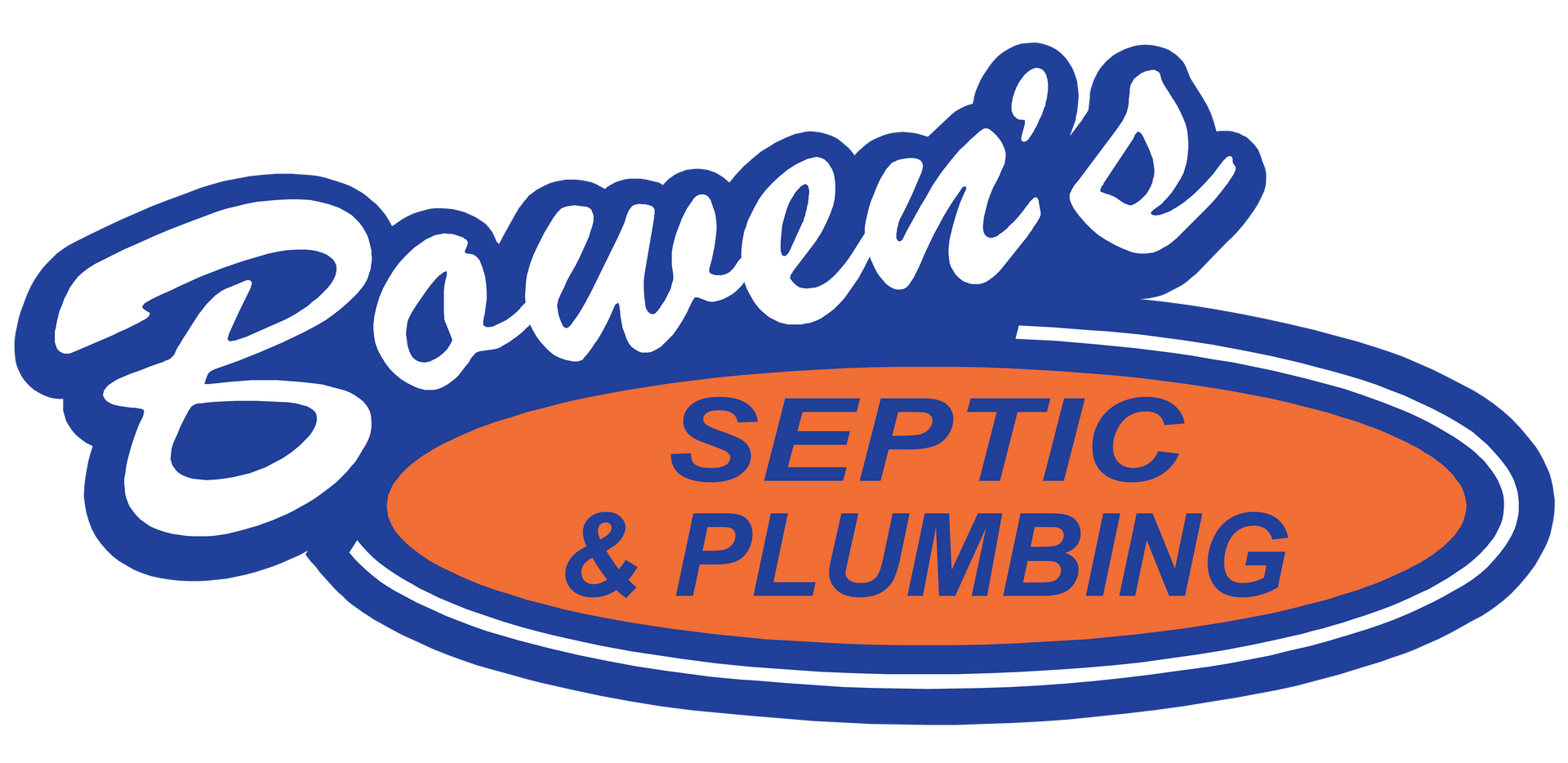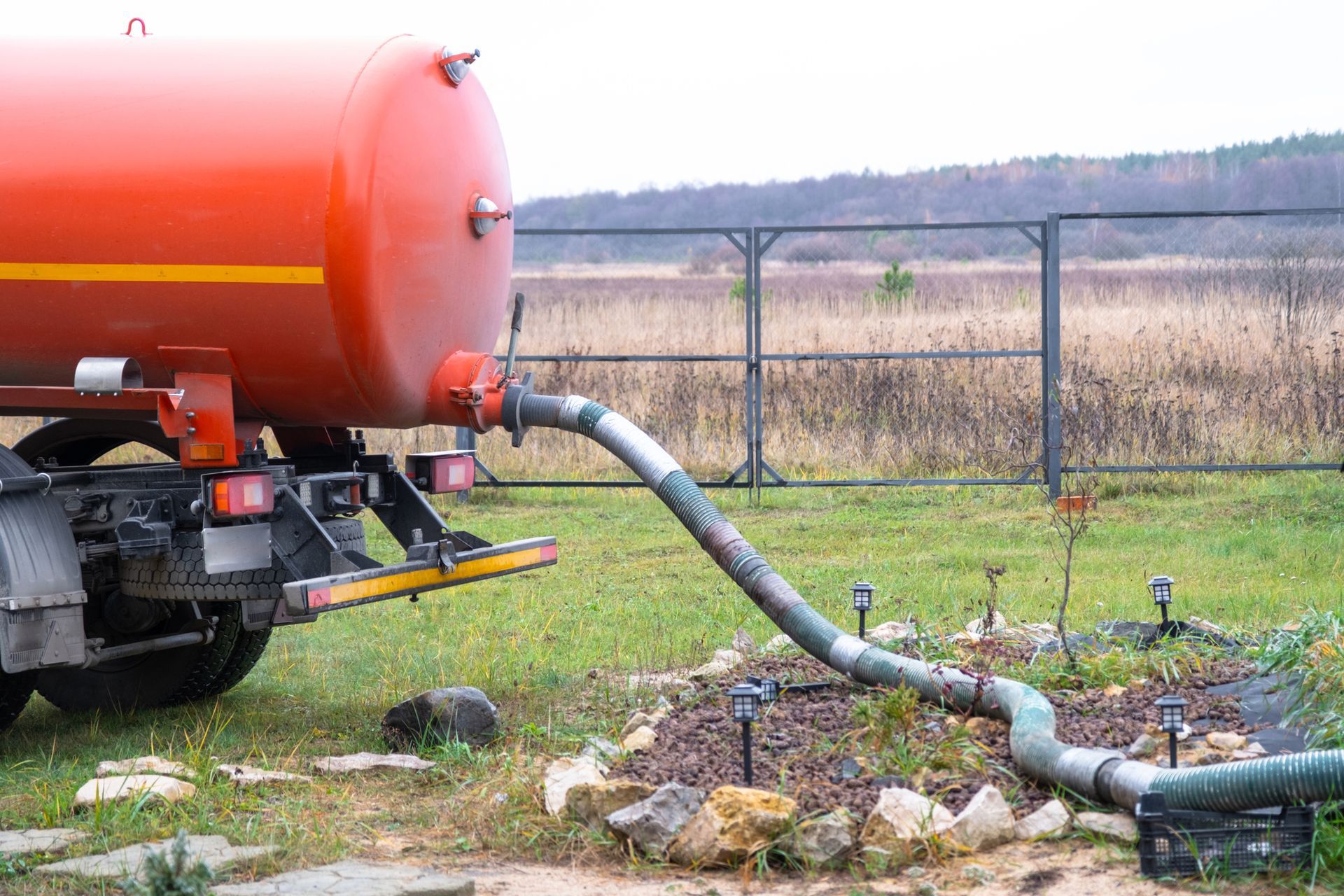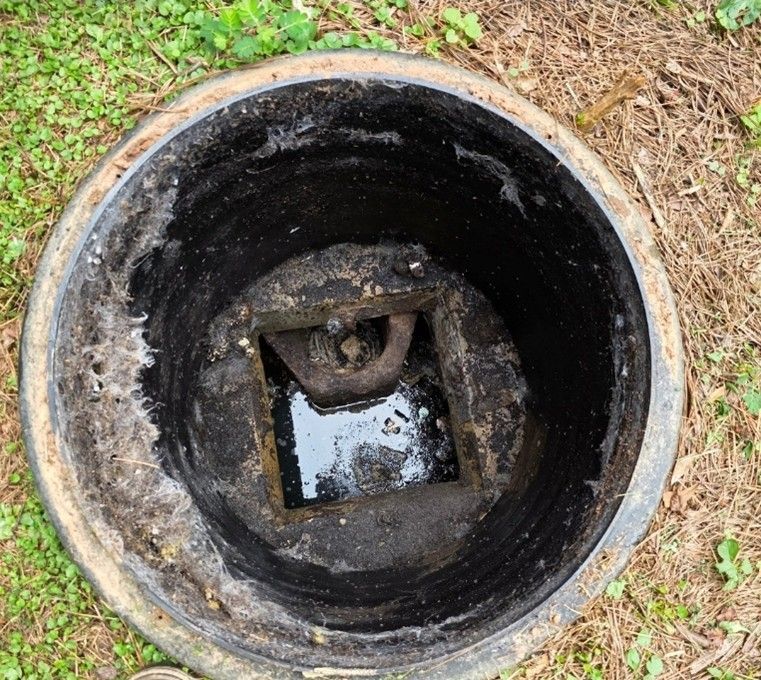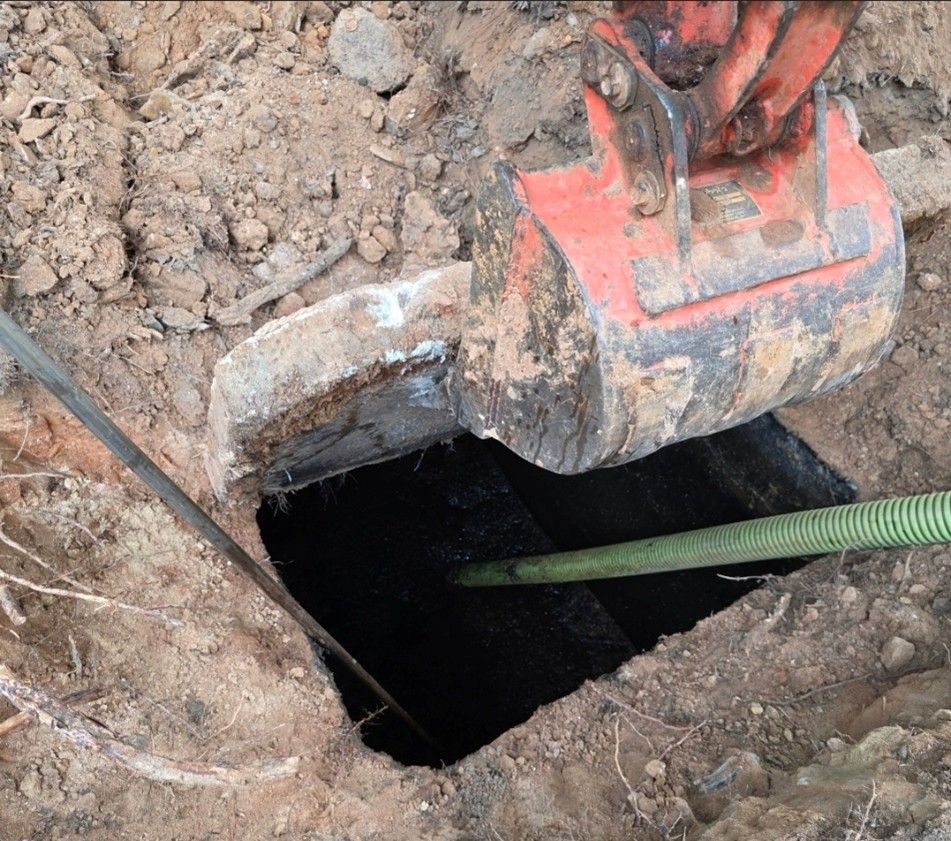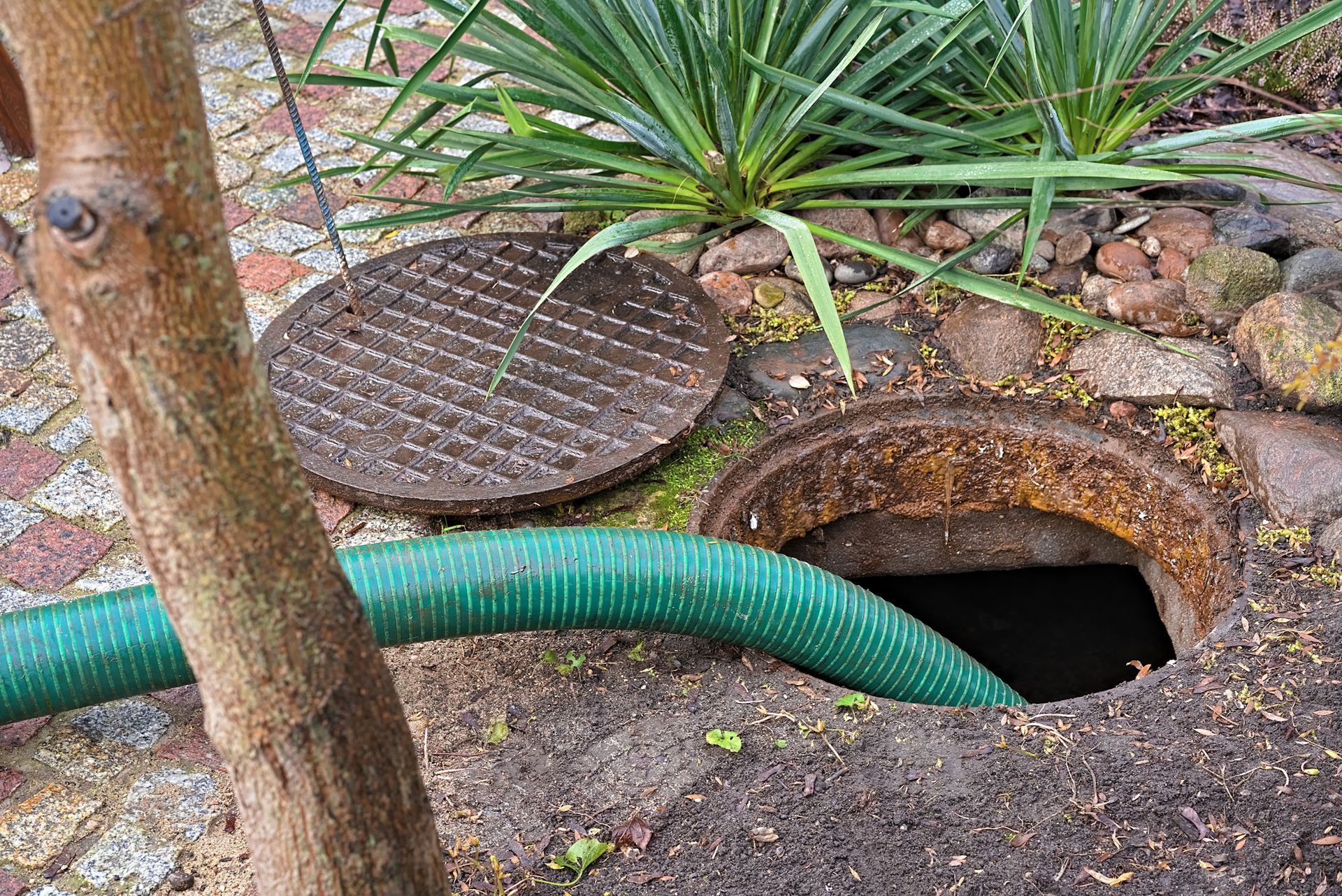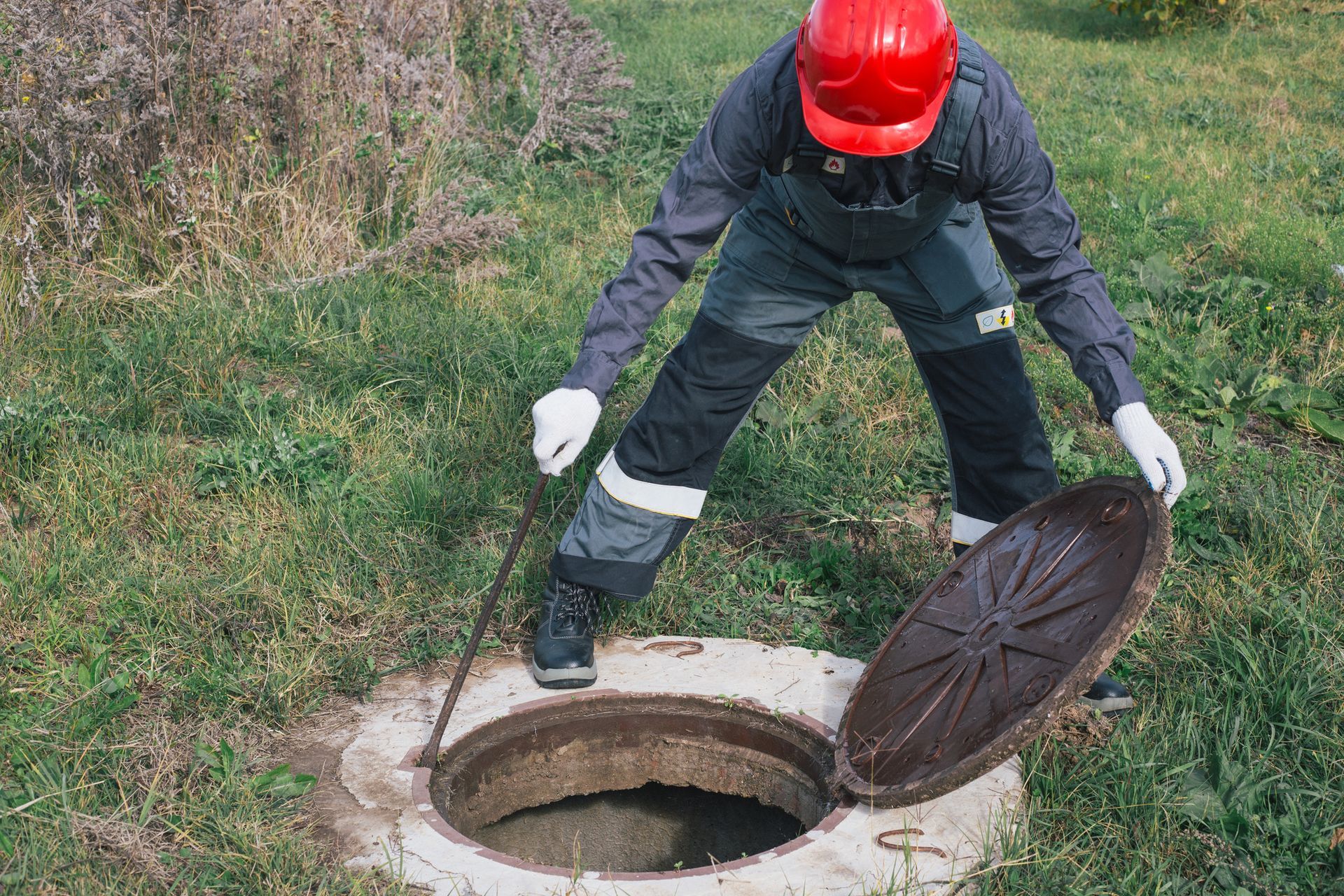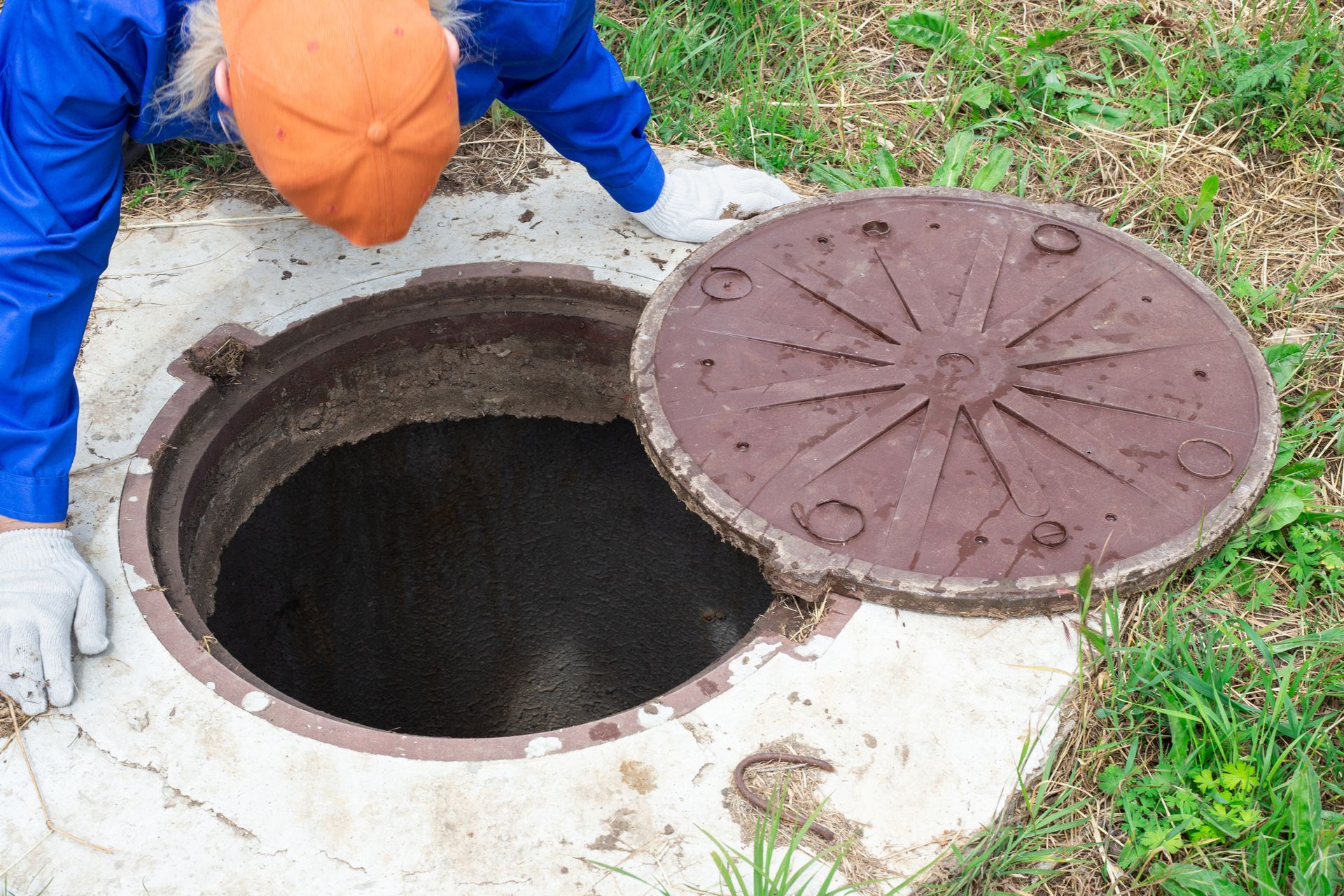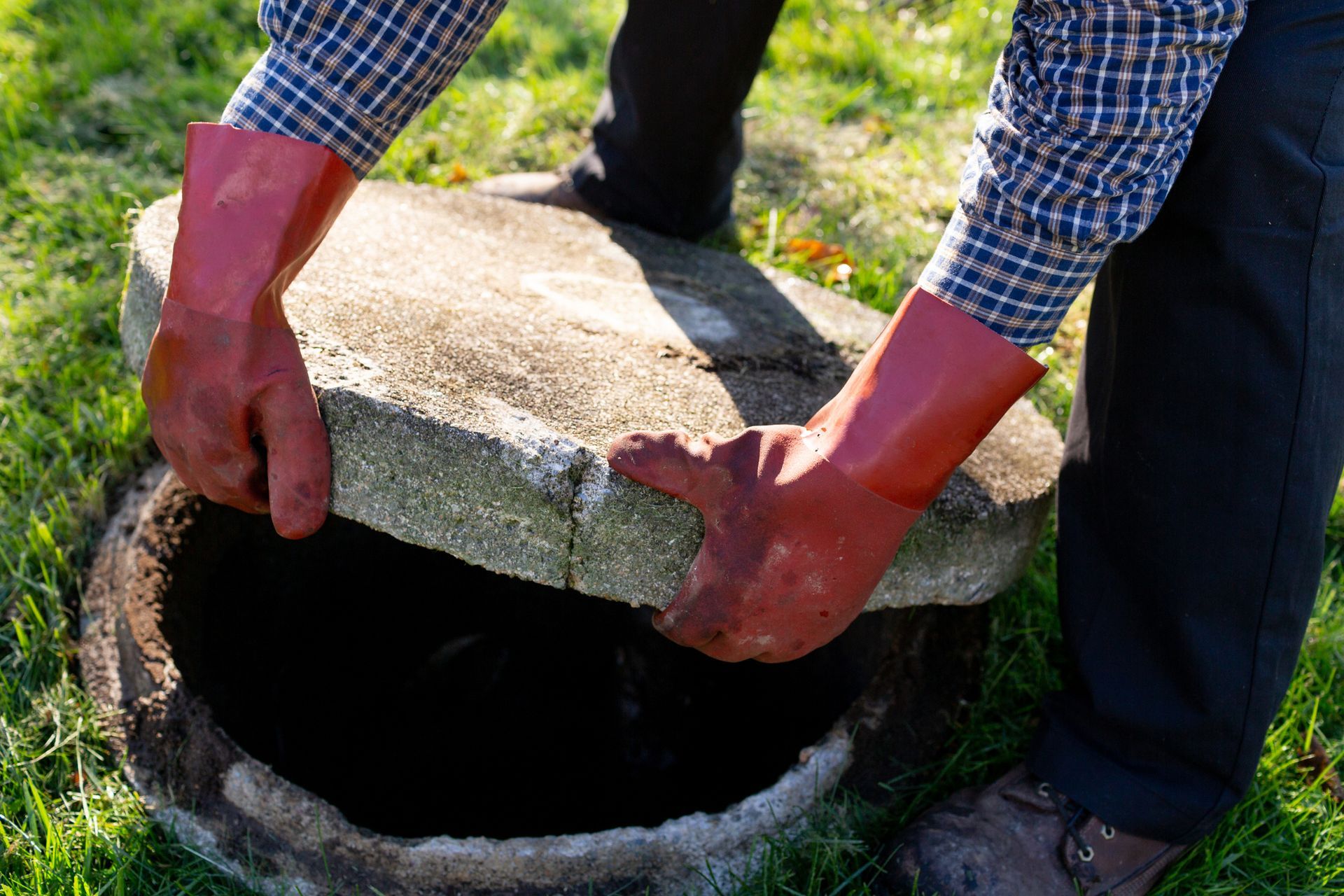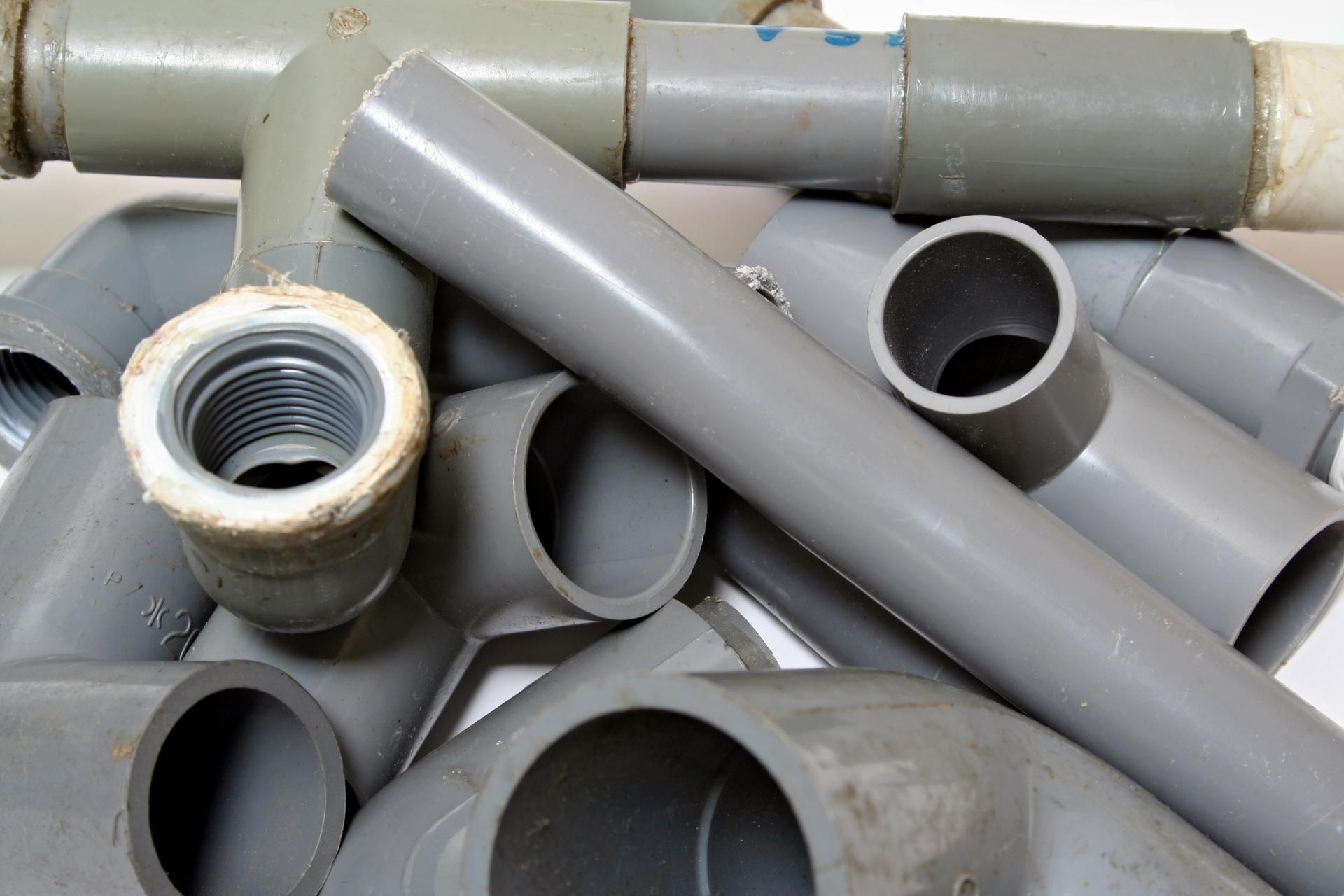Signs You Need a New Sewer Line Installed
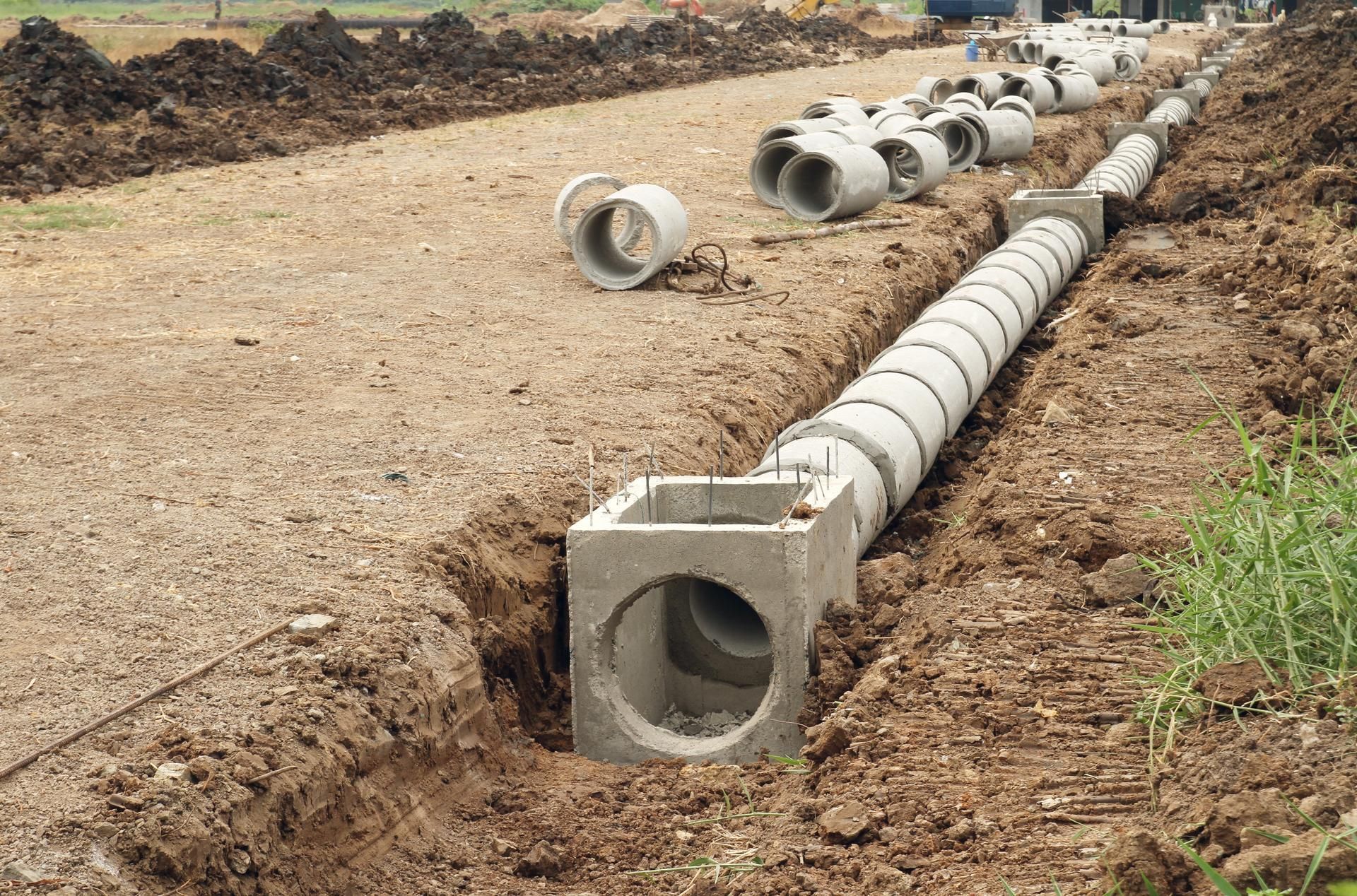
When it comes to maintaining a home or business, the sewer line is often overlooked. However, it plays a critical role in ensuring the proper disposal of wastewater. Recognizing the signs that indicate a new sewer line installation is necessary can save you from costly repairs and potential health hazards.
Frequent Clogs and Slow Drains
One of the earliest signs of a failing sewer line is frequent clogs and slow drains. If you notice that multiple fixtures in your home are draining slowly or constantly clogging, this may indicate a significant blockage or damage in the sewer line. While occasional clogs are normal, persistent issues should prompt a closer inspection.
Consistent Backups
Sewer backups are not just inconvenient; they can be a clear indication of a failing sewer line. This occurs when wastewater flows back into your home instead of out to the main sewer system. If you experience regular backups in your sinks, toilets, or showers, it's time to consider the possibility of a compromised sewer line.
Strange Sounds and Smells
Unusual sounds and foul odors emanating from your plumbing system can be alarming and often signify a serious issue. These sounds may include gurgling or bubbling noises in the pipes, which suggest trapped air due to blockages or breaks in the sewer line. Additionally, the smell of sewage around your property is a strong indicator that there is a problem with your sewer line and it needs immediate attention.
Persistent Odors
The smell of raw sewage is unmistakable and should never be ignored. This unpleasant odor can seep into your home through drains and fixtures if there is a break or blockage in the sewer line. Persistent sewage smells are a clear sign that a professional inspection is needed to determine the extent of the damage.
Damp Spots or Soggy Lawn
A damaged sewer line can cause water to leak into the surrounding soil, leading to damp spots or an unusually soggy lawn. These wet areas are often accompanied by a foul odor and can attract pests such as rodents and insects. If you notice patches of lush grass or water pooling in your yard, it may indicate a leak in the sewer line that requires immediate attention.
Mold and Mildew Growth
Water leakage from a compromised sewer line can also lead to mold and mildew growth inside your home. These fungi thrive in moist environments and can cause significant damage to your property, as well as pose health risks to occupants. Be mindful of any unexplained increase in humidity or visible mold patches, as these could be signs of a sewer line issue.
Increased Pest Activity
Rodents and insects are naturally attracted to the moisture and nutrients found in sewage. If you observe an uptick in pest activity around your home or property, it could be due to a leaking sewer line. Pests such as rats, cockroaches, and flies can enter your home through the smallest cracks, and their presence is not only a nuisance but also a health risk.
Unexplained Increases in Water Bills
A sudden spike in your water bills without an apparent reason is another sign that your sewer line may be compromised. Leaks in the sewer line can cause water to continually escape, leading to higher usage and increased costs. Regularly monitoring your water bills can help identify issues early and prevent further damage.
Foundation Cracks and Settling
Structural damage to your property is a serious consequence of a failing sewer line. When water seeps into the soil beneath your home, it can cause the foundation to shift or crack. These changes can lead to uneven floors, misaligned doors, and windows that are difficult to open or close. Addressing sewer line issues promptly can prevent extensive and expensive structural repairs.
Lush Patches of Grass
While a green lawn is typically desirable, patches of overly lush grass can indicate a sewer line leak. The nutrients in sewage act as a fertilizer, causing these areas to grow more rapidly than the rest of your lawn. If you notice uneven growth patterns, it’s worth investigating the underlying cause.
Corrosion and Aging Pipes
Over time, sewer lines can deteriorate due to corrosion, especially if they are made of older materials like cast iron or clay. Aging pipes are more susceptible to cracks, breaks, and blockages. Regular inspections can help identify potential issues before they escalate, allowing for timely repairs or replacements.
Visible Cracks in Pipes
If you have access to your sewer lines, either through a basement or crawl space, inspect them periodically for visible cracks or rust. These signs of wear and tear indicate that the pipes are nearing the end of their lifespan and may need to be replaced soon.
Ignoring the signs of a failing sewer line can lead to severe damage, costly repairs, and health hazards. By staying vigilant and recognizing the indicators such as frequent clogs, unusual sounds and smells, damp spots, increased pest activity, structural damage, and aging pipes, you can take proactive steps to address issues early.
If you suspect that your sewer line needs replacement, contact our office. We can conduct a thorough inspection and recommend the best course of action. Investing in a new sewer line not only preserves the integrity of your property but also ensures the safety and well-being of its occupants.
